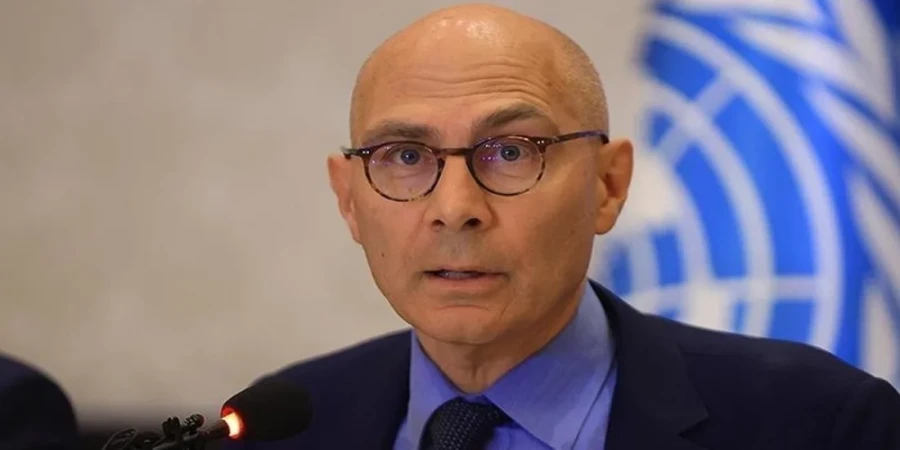
ছবি: Photo: Collected
Dhaka, February 12 – The Office of the United Nations High Commissioner for Human Rights has reported that over 1,400 people were killed during the mass uprising in Bangladesh between July and August. Thousands more were injured, most of whom suffered gunshot wounds inflicted by law enforcement agencies. The report describes the former government’s repression tactics as highly coordinated and systematic.
The report, released on Wednesday, states that between July 1 and August 15, more than 1,400 people were allegedly killed, and thousands sustained injuries, with most victims shot by Bangladeshi security forces. Among the deceased, 12-13% were children.
The interim government of Bangladesh reported 834 protest-related deaths, but the UN human rights report suggests the actual toll was significantly higher. The document also records instances where security forces refused or obstructed emergency medical care for injured protesters, interrogated patients, intimidated medical personnel, and seized hospital CCTV footage without proper procedures. Facing public resistance, the former government’s crackdown was highly systematic and coordinated, said UN Human Rights Chief Volker Türk. He stated, ‘There is good reason to believe that hundreds of extrajudicial killings, mass arbitrary arrests, detentions, and acts of torture were carried out under the knowledge, coordination, and direction of political leadership and top security officials as part of a strategy to suppress dissent.’
Türk further emphasized, ‘The testimonies and evidence we have gathered reveal a disturbing pattern of state-sanctioned violence and targeted killings, constituting some of the most serious human rights violations, which could amount to international crimes. Accountability and justice are essential for the nation's well-being and the future of Bangladesh.’
The report states that these crimes, committed by the government in conjunction with violent elements within Sheikh Hasina’s Awami League and Bangladesh’s security and intelligence agencies, were part of a broad and systematic attack against protesters and other civilians.
Previously, in September, at the request of interim government Chief Advisor Dr. Muhammad Yunus, the UN Human Rights Office dispatched a team to Bangladesh. This team comprised human rights investigators, forensic doctors, and weapons experts. They conducted an independent and impartial investigation into the devastating events. The interim government responded positively to the investigation, providing necessary access and extensive documentation.
repoter






